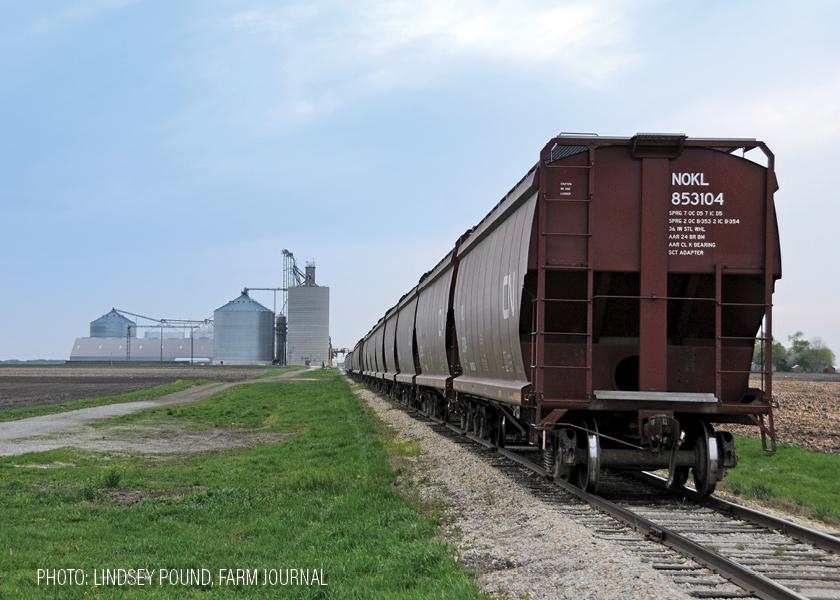Rail Strike Update: Labor Deal Deadline Shortened to Dec. 5

One of the two largest railroad unions said Monday it had rejected a new labor deal brokered by the White House, inching closer to a strike that could disrupt supply chains in December. The other union voted to ratify it.
Unions and railroads are back at the negotiating table. By law, Congress can intervene to impose an agreement if the two sides remain deadlocked.
The SMART Transportation Division said it would head back to the negotiating table with railroads with a goal of reaching a deal by Dec. 8. If no agreement is reached, the union could strike Dec. 9. However, the Brotherhood of Railroad Signalmen (BRS) is on a schedule where their cooling-off period ends Dec. 4, opening the way for a strike Dec. 5.
Eight of the industry’s unions have ratified the contract. But if one group strikes, others say they won’t cross picket lines.
The BRS has not yet said that they will extend their cooling-off period to match the Dec. 8 timeline for the SMART TD union. If the BRS does not move back their potential strike date, railroads would start making plans for the strike right after Thanksgiving.
Industry Responds
“A strike would cause enormous disruption to the flow of goods nationwide, the effects of which would ripple through the supply chain and the U.S. economy at large,” the Retail Industry Leaders Association said in a statement.
Said the National Retail Federation: “American businesses and families are already facing increased prices due to persistent inflation, and a rail strike will create greater inflationary pressures and will threaten business resiliency. Congress must intervene immediately to avoid a rail strike and a catastrophic shutdown of the freight rail system.”
“I’m hoping the railroads will get reasonable, this is the 21st Century and to have skilled workers being denied sick leave, even unpaid sick leave, is unconscionable,” Rep. Peter DeFazio (D-Ore.), chair of the House Transportation and Infrastructure Committee, said in an emailed statement Monday. “Freight rail companies are watching their record profits, ‘Oh my God, if we give people paid sick leave our stock might drop by a dollar.’ Give me a break.”
Bottom Line
If the parties can’t come to an agreement, Congress will likely be forced to step in. If so, some union officials are hoping lawmakers will impose the terms of tentative agreements that the unions reached separately with employers, rather than the set of recommendations put out by the president’s emergency board in September.
Shippers are beginning to make plans to work around a potential work stoppage. As was the case before a potential strike in September, railroads could start restricting shipments right after Thanksgiving to ensure that volatile materials aren’t sitting unsupervised on idled rail cars for long periods in case of a shutdown.
A railroad strike could cost the U.S. economy more than $2 billion a day, according to the Association of American Railroads.
More on the rail strike:
A Possible Rail Strike is Quickly Approaching Unless Congress Steps In
U.S. Rail Carriers Could Now Halt Grain Shipments as Early as Wednesday in Preparation of Friday's Possible Strike
Trouble Shipping Grain And Feed Via Rail Far From Over, Concerns Now Growing About Possible Worker Strike At Harvest







